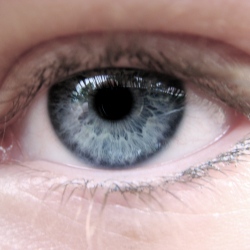
Facebook CEO and co-founder Mark Zuckerberg addressed an adoring crowd at Y Combinator’s startup school today, speaking confidently about Facebook and describing a world in which people will share a whole lot more than they do now — via Facebook and other social companies.
"It’s sort of a social-networking version of Moore’s Law," said Zuckerberg, who was interviewed by Y Combinator co-founder Paul Graham. "We expect this rate [of sharing] will double every 10 years. So in 10 years from now, people will be sharing about 1,000 times as many things as they do today."
That, of course, is what Zuckerberg and the newly public Facebook are banking on: That the company’s 1 billion plus users will keep using Facebook not just for keeping in touch with friends but also for interacting with brands.
Today’s interview wasn’t about Facebook the business however. This was a crowd of huge fans — some 1,700 entrepreneurs and aspiring entrepreneurs who came from across the country, largely to get inspired by Zuckerberg, who was the featured speaker. They packed into Stanford Memorial Hall auditorium, some of them lining up hours in advance to snag a good seat.
So Graham, who runs the most influential startup incubator anywhere, didn’t ask about the stock price or about the impact that Facebook’s messy IPO has had on startup funding in general. He didn’t ask about the ad business. He didn’t even once mention the word "mobile," which is Facebook’s key challenge now that 600 million Facebook users are accessing the service on their smartphones.
Instead, they talked about Zuckerberg’s days at Harvard, where he majored in psychology and began building Facebook in his dorm room before dropping out in 2004 and moving to Palo Alto to go at it full time. Graham asked how much Facebook’s first server cost — answer: $85 — and Zuckerberg said in the beginning he never spent money Facebook didn’t have. He stressed that he didn’t start Facebook because he wanted to build a company — something he talks about in his letter to shareholders — but because he "really wanted this."
